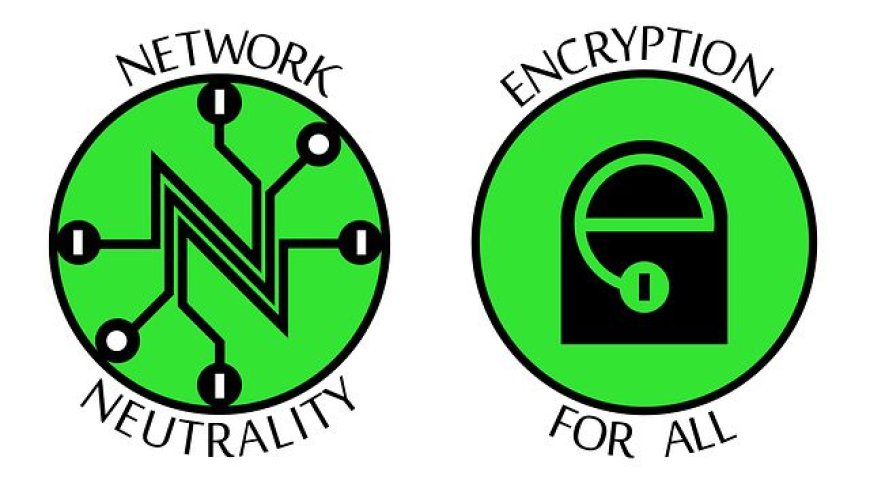What is Net Neutrality? Why is Net Neutrality Important?
What is Net Neutrality? Why is Net Neutrality Important?

Net neutrality is the principle that Internet service providers and governments regulating the internet must treat all data on the internet the same. Not discriminating or charging differently by user content, website, platform, application, type of attached equipment, or a mode of communication. The reason we started with such a definition is to show you what the Federal Trade Commission or the FCC for short wants to abolish. This is basically our right to do whatever we want on the Internet and use it how we wish with little to no restrictions or premiums.
Think of how much you go onto the internet and what you do. Maybe you check your email, maybe use it for research, whatever the reason your freedom to do. So is at risk if the FCC actually goes through with abolishing net neutrality. Imagine one day you wanted to go onto your favorite website and instead of simply opening up the page and logging in, you get a message from your ISP or Internet service provider. They inform you that the website is blocked unless you buy this website bundle package that allows access to this website. It would be absolutely absurd and we’re sure you probably won’t to be too happy about it.
Well it could become a reality if the FCC does indeed abolish net neutrality, and don't think this affects only the consumers. It definitely applies to website owners and smaller companies around their own websites too. You see, by putting a block behind websites that the ISPs decide that they want to put a block behind. They are by no means required to pay them a portion of the cut from the website premium. In so basically the website gets lower traffic because some people don't want to buy the premium, and the ISP is the Internet service providers, they you know, they get money. But the the companies that run the websites they're left in the dust. They can't do anything, they're just screwed with the lower traffic numbers.
Now according to some news outlets smaller ISPs are hurt by net neutrality and that's why they want to end it. Because it seems for the most part that the bigger ISPs they dominate the market with monopolies, while the smaller ISPs they don't have a chance to get into the market unless they're local and they're the only ones in the area. Now for the most part we don't think this would help the smaller ISPs. It's likely that they don't succeed just because they're too small to compete with companies like Verizon and AT&T. So it would seem that it's really just Verizon and AT&T, they to trying to make a quick buck by putting restrictions on websites and making the consumer suffer instead. And even if it really was affecting smaller ISPs in the end, we don't feel like paying extra money just so some local business can survive.
Now for the most part this just sounds like just an argument with governments about how they want to treat the internet. But the reason why this is such a big deal is because net neutrality is classified is a title to a utility, like electricity and water. The FCC wants to make it so that it's not an act - and that way they can actually remove it because while it's an act - it's protected by several logistic laws that we'd rather not get into. If they indeed get it appealed, they will be able to completely abolish it, giving ISPs the complete right to just go in and put premiums on any websites that they want. And believe it or not the FCC is actually taking public feedback about this right now. You can actually tell them why you want to keep net neutrality a thing. You can give the feedback regarding this net neutrality matter on Battle For The Net website: https://www.battleforthenet.com/.
This is a big deal when you think about it, because this is the government potentially taking away freedom on the internet. What if one day you woke up and you had to pay a premium to your internet service provider just to go on Youtube or Facebook. But this is just our opinion, and in the end it’s all on your hands. And as always, thanks for reading.







